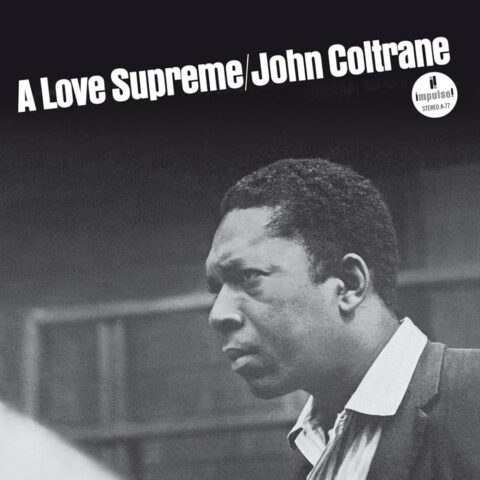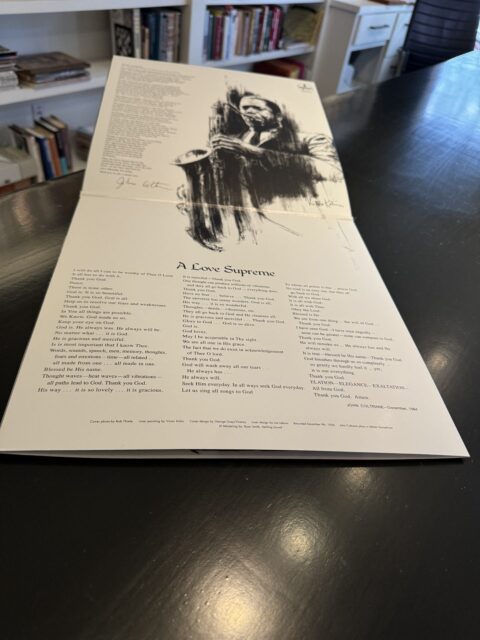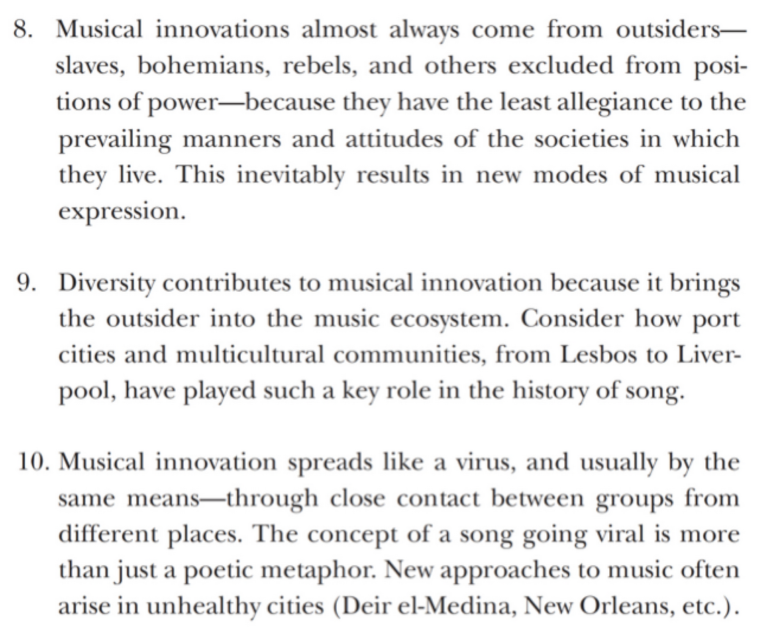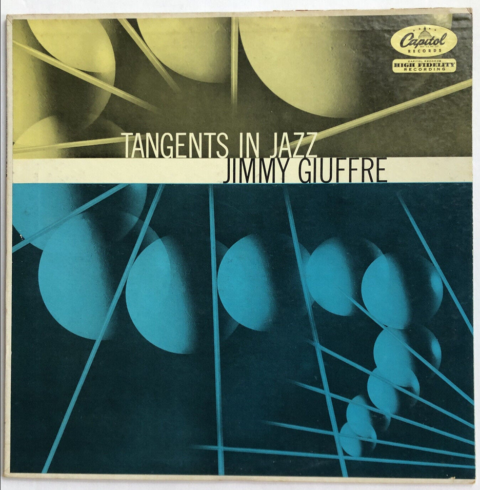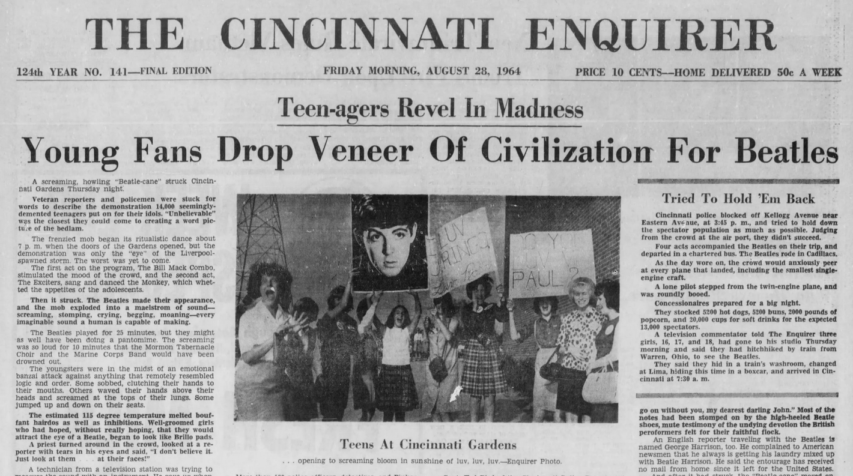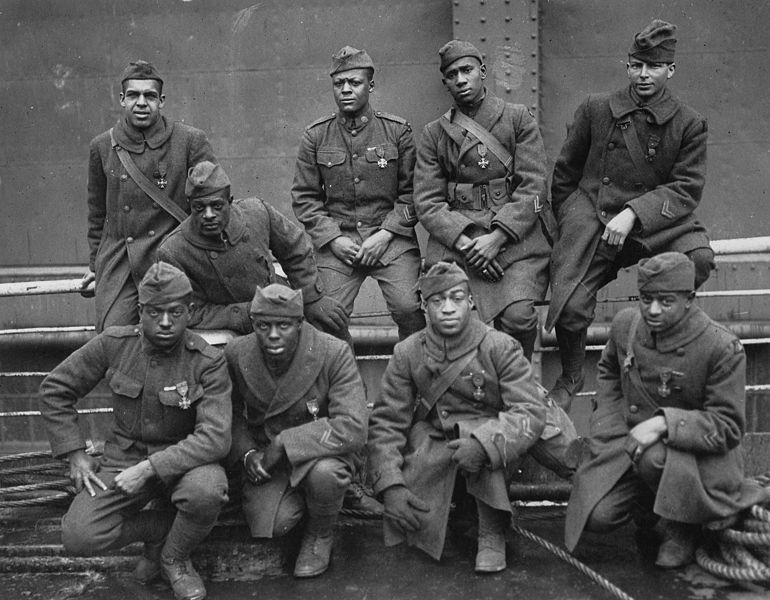John Coltrane’s A Love Supreme was one of the first four jazz albums I ever bought. It quickly became my favourite and led me to listening to a lot more of Coltrane’s work. Some I loved nearly as much (Giant Steps, Blue Train, The Complete Africa/Brass Sessions) while others I just bounced off (Sun Ship, Interstellar Space, Stellar Regions), but most became fixtures of my various jazz playlists.
Ted Gioia notes the moment as A Love Supreme hits 60 years after release:
Ivy League theoretical physicist Stephon Alexander will even tell you that John Coltrane has a lot in common with Albert Einstein. People still consult the saxophonist’s mathematical analysis — the so-called Coltrane Circle — as if it were a source of esoteric wisdom.
But in 1964, John Coltrane was also a father. John Coltrane Jr. was born on August 26, 1964 — the first of his three children. Ravi Coltrane arrived in 1965, and Oran in 1967.
You wouldn’t think that Coltrane could find time for anything else at the close of the Summer of 1964. But he did.
At that juncture, he disappeared into an upstairs guest room at his home. And spent day after day with just a pen, some paper, and his horn.
He emerged five days later. “It was like Moses coming down from the mountain,” Alice later recalled. “It was so beautiful. He walked down and there was that joy, that peace in his face, tranquility.”
“This is the first time that I have received all of the music for what I want to record,” he told her.
Note that word: Received. He didn’t say composed. He didn’t say created. It was a gift from something larger than himself.
This was the music John Coltrane would perform in the studio three months later. It’s know today as A Love Supreme.
Coltrane said that his music was his gift back to the Divine.
He made that clear in his liner notes, which opened with an invocation in capital letters: DEAR LISTENER: ALL PRAISE BE TO GOD TO WHOM ALL PRAISE IS DUE…
But if there were still any doubt, Coltrane also included a devotional poem — which began:
I will do all I can to be worthy of Thee O Lord.
It all has to do with it.
Thank you God.
Peace …Needless to say, this was not typical for jazz liner notes in the mid-1960s. Or at any time, for that matter.
And it almost certainly would limit sales — or so the conventional wisdom went back then. A few months later, Capitol Records execs had a meltdown when Brian Wilson wanted to give the name “God Only Knows” to a song. But that was nothing compared to the full-blown ritual that Coltrane was now unleashing on the hip jazz audience.
I use the word ritual advisedly here. I’ve heard other people describe A Love Supreme as a suite, but they’re missing the whole point. I have no doubt that Coltrane intended this ritualistic effect.
He even starts chanting toward the end of the opening track.
This was first time Coltrane’s voice had ever been featured on a studio recording. And he didn’t sing a love song or belt out a blues. Instead he was chanting:
A love supreme
A love supreme
A love supreme
A love supreme
A love supreme …He chants that phrase nineteen times in a row.

